Introduction:
In an era where sustainable living is not just a trend but a necessity, addressing food waste has become paramount. Transforming our discarded food items into valuable resources can pave the way for a greener, healthier planet.
- The Magnitude of the Problem:
Every year, tons of food go to waste, contributing to greenhouse gas emissions and squandering precious resources. The first step to solving a problem is acknowledging its existence and understanding its gravity. - Home Composting – The Magic of Decay:
Kitchen Scraps: Instead of throwing away vegetable peels and fruit remnants, these can be composted to produce nutrient-rich compost for gardens.
Benefits: Composting not only reduces the amount of waste going to landfills but also provides a
sustainable solution for soil fertility. - Upcycling Food – The Art of Creativity:
From stale bread to overripe bananas, many food items can be repurposed or upcycled. Banana
bread, croutons, and vegetable broths are just a few examples of how seemingly ‘wasted’ food can
be transformed into delectable dishes. - Community Initiatives – Collective Action:
Local communities play a pivotal role in tackling food waste. Initiatives like community fridges, where individuals can leave surplus food for those in need, or community composting pits, are steps in the right direction. - Tech Solutions for Food Waste:
In our digital age, several apps and platforms connect restaurants with surplus food to charities or individuals. Not only does this reduce waste, but it also addresses hunger and food insecurity.
Conclusion:
The journey from trash to treasure is filled with learning, creativity, and community spirit. Every morsel saved from waste is a step towards a sustainable future, and with collective effort, we can make significant strides in conserving our planet.

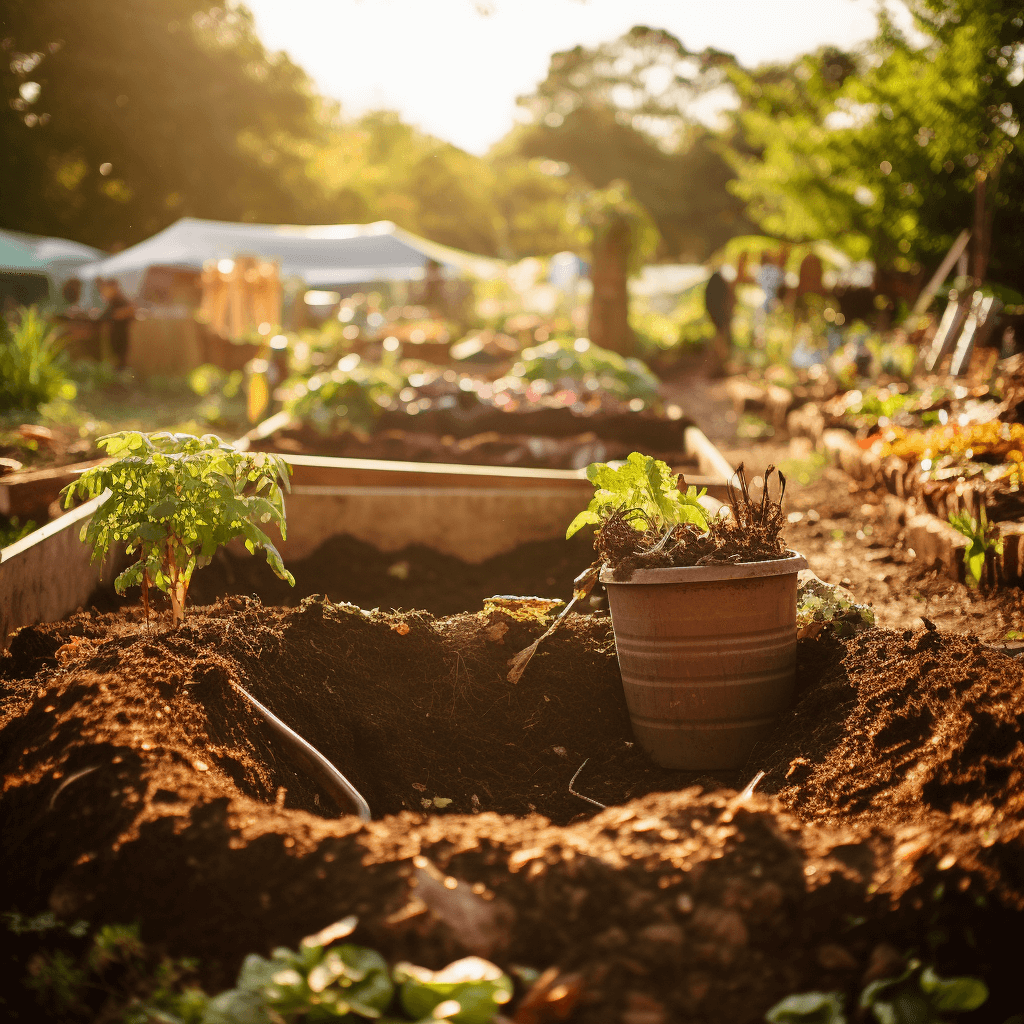
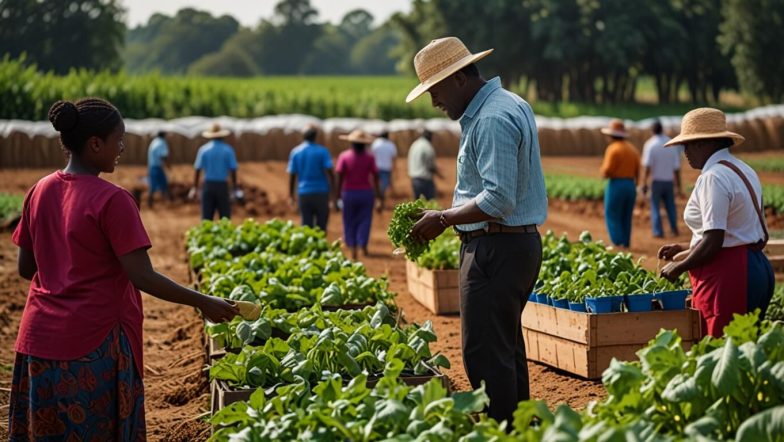
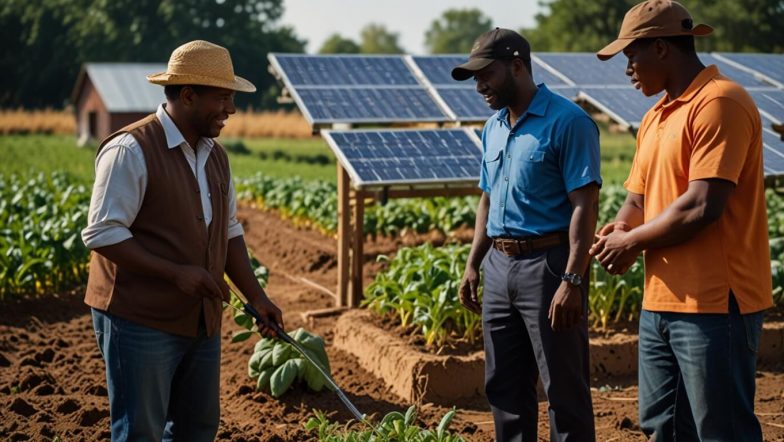
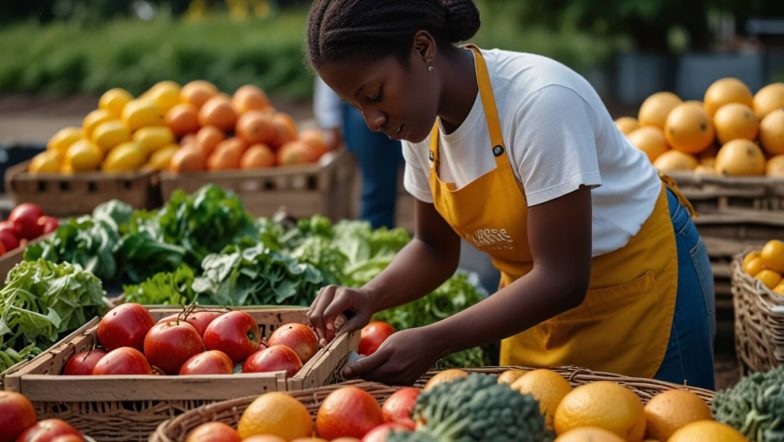
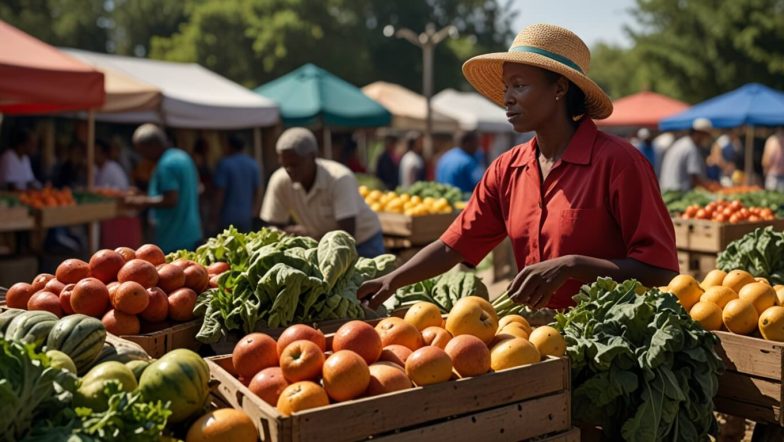
Leave a comment